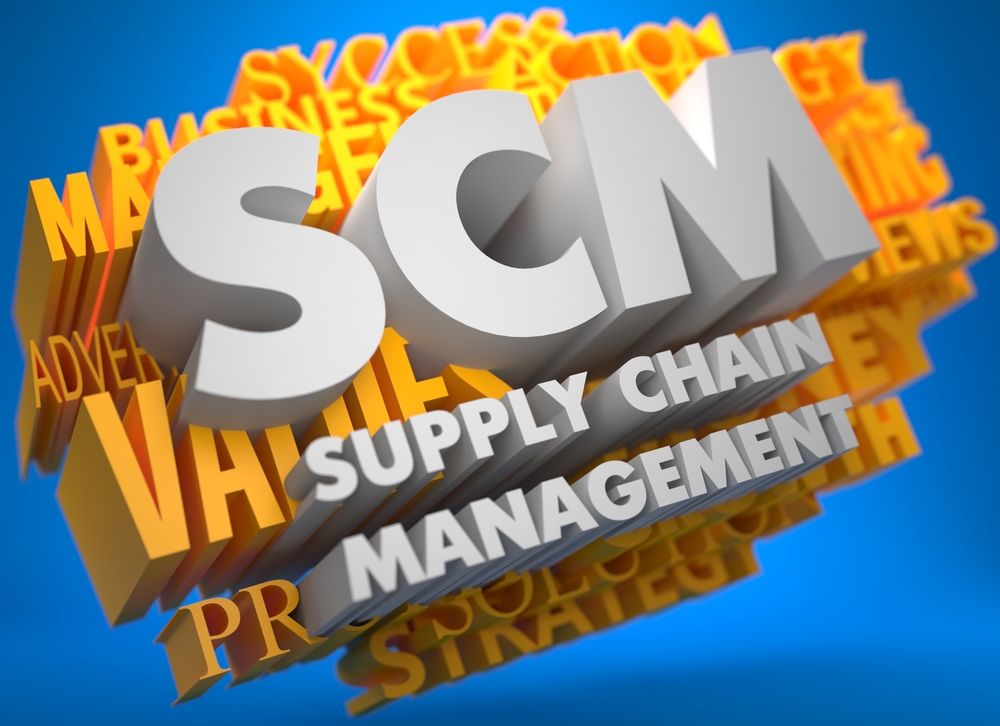Supply Chain Management Strategy Requires Flexibility & Agility
In today’s post-pandemic, digital-first world a successful supply chain management strategy requires both flexibility and agility. From B2B to B2C,...
4 min read
KPC_Admin : Updated on February 7, 2024

Companies in today’s hectic business climate often concentrate on their own internal operations and customer engagement, while essentially treating suppliers as silent partners.
The reality, however, is that your business must have an in-depth understanding of your suppliers or risk losing customers.
“Establishing and nurturing strong relationships with suppliers is not just about obtaining goods and services; it's about creating a collaborative ecosystem that drives efficiency, innovation, and ultimately, operational success,” says Jeff Sinacore, store manager at 7 Brew Coffee. “By collaborating closely with suppliers, managers can proactively address potential bottlenecks, ensure timely deliveries, and enhance overall supply chain efficiency.”
While internal processes and customer interactions are undoubtedly crucial, the often-overlooked supplier relationship is the hidden key to seamless operations, product excellence, and unrivaled customer satisfaction.
Robert Handfield with North Carolina State’s Supply Chain Resource Cooperative says there are a lot of interpretations of what supplier relationship management is, but he has formulated an answer after interviewing 29 senior procurement executives across five industries.
“Supplier Relationship Management (SRM) is a strategic mindset that restructures how clients and key suppliers realign their relationship to create a true partnership, one that breaks down the traditional barriers of the customer/vendor relationship,” writes Handfield. “SRM takes the concept of the “win/win” relationship to new levels through strategy, transparency, and economic togetherness that delivers true competitive advantages for both organizations. Such partnerships, collaboration, and innovation will lead to optimized supply chains flourishing and traditional customer/vendor relationships stagnating.”
The implication is that behind every successful business stands a network of suppliers, working diligently to provide the raw materials, components, and services necessary for operations. Understanding the 'How' and 'Why' behind your supplier's ability to deliver is key to a harmonious partnership.
Here's why:
To build a thriving business-supplier relationship, certain critical aspects need to be communicated and understood by both parties:
By addressing these aspects, businesses can ensure a more comprehensive and holistic understanding of the supplier relationship, fostering smoother operations and stronger collaboration.
In some ways, a business-supplier relationship is like a personal relationship – open communication is necessary for trust to be gained.
In fact, one study found that when there is an absence of a personal relationship in the buyer-supplier relationship up to six negative outcomes were generated including lack of trust, not sharing important business ideas and sensitive business information, and taking longer to resolve conflicts.
To gain a deeper understanding of your supplier's processes and potential impacts on your business, consider asking these questions:
That last question is important, and businesses not only need to understand how their suppliers react to disruptions in the supply chain, but they need to develop their own contingency plans for when suppliers fail to meet their business needs.
When supplier-related challenges arise – which many businesses have had to endure since the start of the pandemic – your company needs to have contingency plans in place and ready to go.
Here are some strategies to consider when supply chain disruptions hit:
It is important that your business focuses daily on improving the performance and capabilities of suppliers.
A great start is to treat your suppliers as true partners and build a solid relationship with them.
Building a strong supplier relationship takes effort but the Oxford College of Procurement and Supply says there are great advantages including:
Fostering strong relationships with suppliers is as essential as focusing on internal processes and customer engagement. Businesses can set themselves up for success in a competitive market by building a robust and adaptable supply chain.

In today’s post-pandemic, digital-first world a successful supply chain management strategy requires both flexibility and agility. From B2B to B2C,...

The goal of supply chain management is to make customers happy by getting the right product to the right person at the right time. A cliché to...

The ERP software selection process determines whether a company gains efficiency or faces costly setbacks. Gartner predicts that over 70% of ERP...